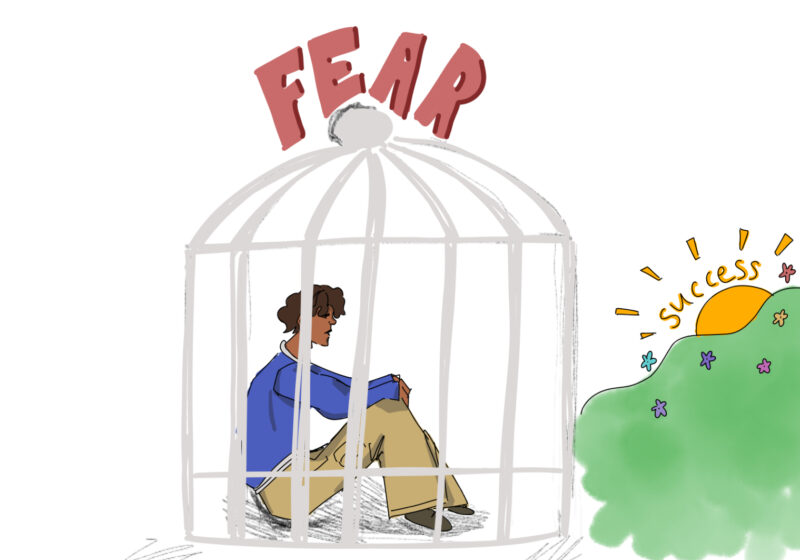Hip-hop isn’t a genre of music it’s a movement, a culture of freedom and community. Yet, it’s often associated with violence and misogyny. It seems as if our morally satiated society is simply too pure for a rebellious culture like hip-hop. But, any rational person should be able to decipher that the hip-hop culture that’s criticized is merely a mirror of the general music industry. However, the commercialization of hip-hop has seemed to be singled out from the Punk Rockers who originally had a social agenda.
Ever since one student told me that he would never listen to Jay-Z because he’s not into the whole ‘shooting” and ‘violent” thing, I’ve felt a social obligation to deter this contagious ignorance on our campus especially as an active member of UR Hip-Hop where our quest is to recapture hip-hop’s essence.
For those who don’t know, hip-hop isn’t a genre of music; it’s a culture. There are actually five pillars of hip-hop: DJing, Rapping, Graffiti, Breaking and Beatboxing. Each of which provides a non-violent outlet for inner-city youth to express themselves.
Jamaica’s DJ Kool Herc is credited as the founding father of hip-hop. When Herc came to the South Bronx in the late ’60s, he set the stage for hip-hop by incorporating the Jamaican tradition of Toasting, impromptu poetry and sayings over music, into hard funky beats. The funky tunes were some of the first to isolate drum beats or, as Herc called it, the breakbeat, using hard funk, rock and records with Latin percussion. In the early ’70s, Herc began to tap into powerlines to access free electricity for speakers, turntables and a microphone. He eventually started to throw his own house parties as an alternative to the gang-plagued clubs of South Bronx. His parties were so crowded that they’d eventually overflow into the streets. Thus, the party and community aspect of block parties were born.
Aside from Kool Herc, hip-hop was also developing in other local venues where they’d co-perform or open for punk rock groups, who were also seen as the social misfits and un-cared-for menaces to society.
But those were decades ago. I’ll be the first to admit that hip-hop is suffering because it has fallen from its ‘brand-new” and ‘culture of the people” roots. But my point is that this is a common trend in the music industry. Punk rock and jazz have all lost their underground, social-escaping roots to the claws of commercialism. Gospel music, which started as the freely expressed spiritual hyms of my people, is now a multi-million dollar industry with an award show to boast. Yet, all of these transformations are overshadowed by the evolution of hip-hop.
For obvious reasons, the leader of the crusade, Bill O’Reilly, as well as the media as a whole, picks its battles selectively. There’s clearly a reason why Cam’ron, a Harlem Blood (Dipset), had a national interview about ‘snitching” on the O’Rielly show while 20-year-old Harvard graduate and music producer Ryan Leslie remains an obscure and unfathomable hip-hop artist to the anti-hip-hop media.
There’s a reason why a UR student perceives every rapper, even the settled-down and philanthropic businessman Jay-Z, to be as violent as 50 Cent. This small issue is more a product of a large mentality. The dominant society has a fear of the unknown, so they dwell in the comforts of their spoon fed media access. But the media clearly has their objectives to suppress a rebel culture. The best way to do so is shock therapy congratulations FOX.
As funky jazz poet and proto-rap father Gil Scott-Heron preached, ‘The Revolution will not be televised; the Revolution is here.” What’s on television is media postulated. If you really want to know what our revolution is, just ask us.
Nathaniel is a member of
the class of 2011.




